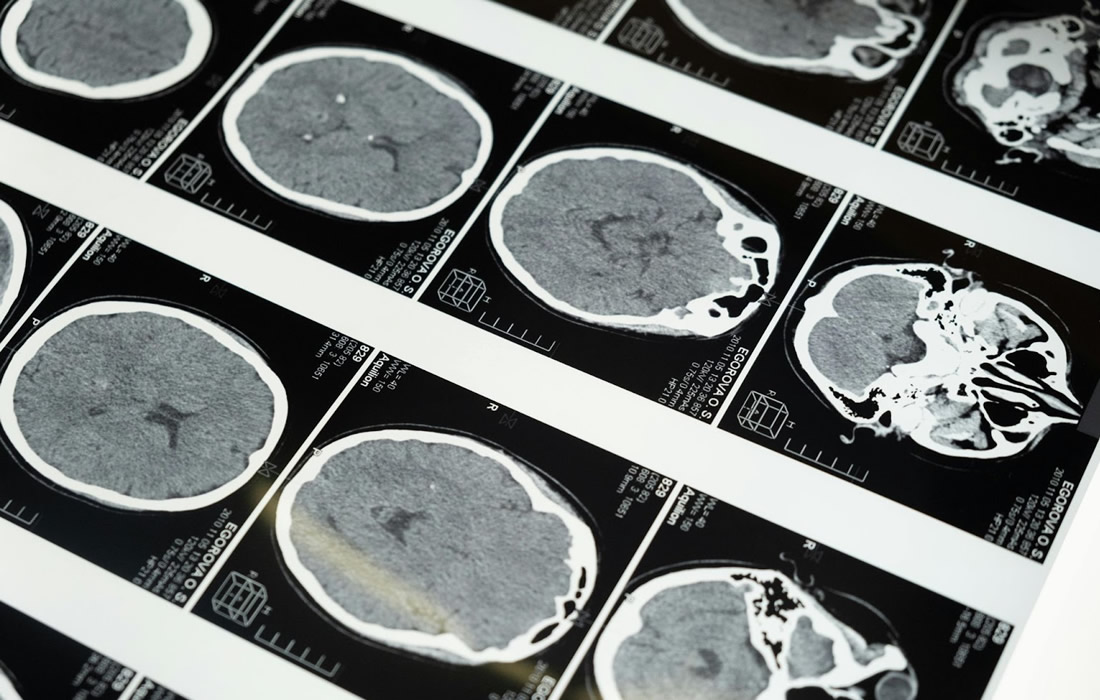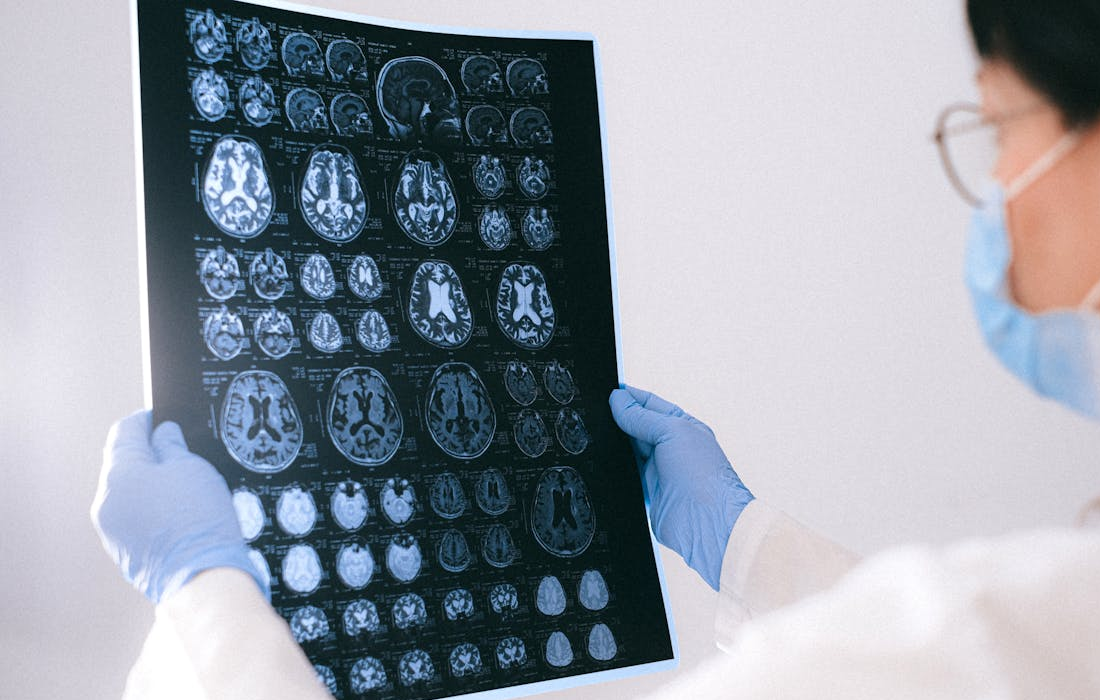A team of University of Wisconsin-Madison scientists has developed the first 3D-printed brain tissue that can grow and function like typical brain tissue. It’s an achievement with important implications for scientists studying the brain and working on treatments for a broad range of neurological and neurodevelopmental disorders, such as Alzheimer’s and Parkinson’s disease. Printing methods […]
Monthly Archives: March 2024
The composition of microbiota found in the gut influences how susceptible mice are to respiratory virus infections and the severity of these infections, according to researchers from the Center for Translational Antiviral Research in the Institute for Biomedical Sciences at Georgia State University. The findings report that segmented filamentous bacteria, a bacterial species found in […]
Magnetite, a tiny particle found in air pollution, can induce signs and symptoms of Alzheimer’s disease, new research suggests. Alzheimer’s disease, a type of dementia, leads to memory loss, cognitive decline, and a marked reduction in quality of life. It impacts millions globally and is a leading cause of death in older individuals. The study, […]
In a new study, participants’ levels of consumption of refined carbohydrates were statistically linked with their facial attractiveness as rated by heterosexual volunteers of the opposite sex. Visine and colleagues at the University of Montpellier, France, present these findings in the open-access journal PLOS ONE. The Western diet consists of high levels of refined carbohydrates […]
Radon is a naturally occurring radioactive gas produced when metals like uranium or radium break down in rocks and soil. The gas can make its way into homes through cracks in basement walls and floors, construction joints and gaps around pipes. “Radon is an indoor air pollutant that can only be detected through testing that […]
Approximately one in three deaths in the U.S. is caused by cardiovascular disease. A robust body of evidence shows aerobic exercise can reduce risks, especially for people who are overweight or obese. But few studies have compared results with resistance exercise — also known as strength or weight training — or with workout regimens that […]
Researchers from the Broad Institute of MIT and Harvard, Harvard Medical School, and McLean Hospital have uncovered a strikingly similar suite of changes in gene activity in brain tissue from people with schizophrenia and from older adults. These changes suggest a common biological basis for the cognitive impairment often seen in people with schizophrenia and […]
Adults who reported drinking two liters (about 67 ounces) or more of sugar- or artificially sweetened drinks per week had a higher risk of an irregular heart rhythm known as atrial fibrillation compared with adults who drank fewer such beverages, according to new research published in Circulation: Arrhythmia and Electrophysiology, a peer-reviewed journal of the […]
Smelling a familiar scent can help depressed individuals recall specific autobiographical memories and potentially assist in their recovery, discovered a team of University of Pittsburgh School of Medicine researchers. The study showed that scents are more effective than words at cueing up a memory of a specific event and could even be used in the […]
Parents of young children with an excitable or exuberant temperament could adapt their parenting style to help moderate their child’s potential development of Attention Deficit/Hyperactivity Disorder (ADHD), according to a new study co-authored by a University of Waterloo researcher. Developmental psychologists know that temperament, parenting, and the brain’s executive functions are interconnected factors in developing […]










